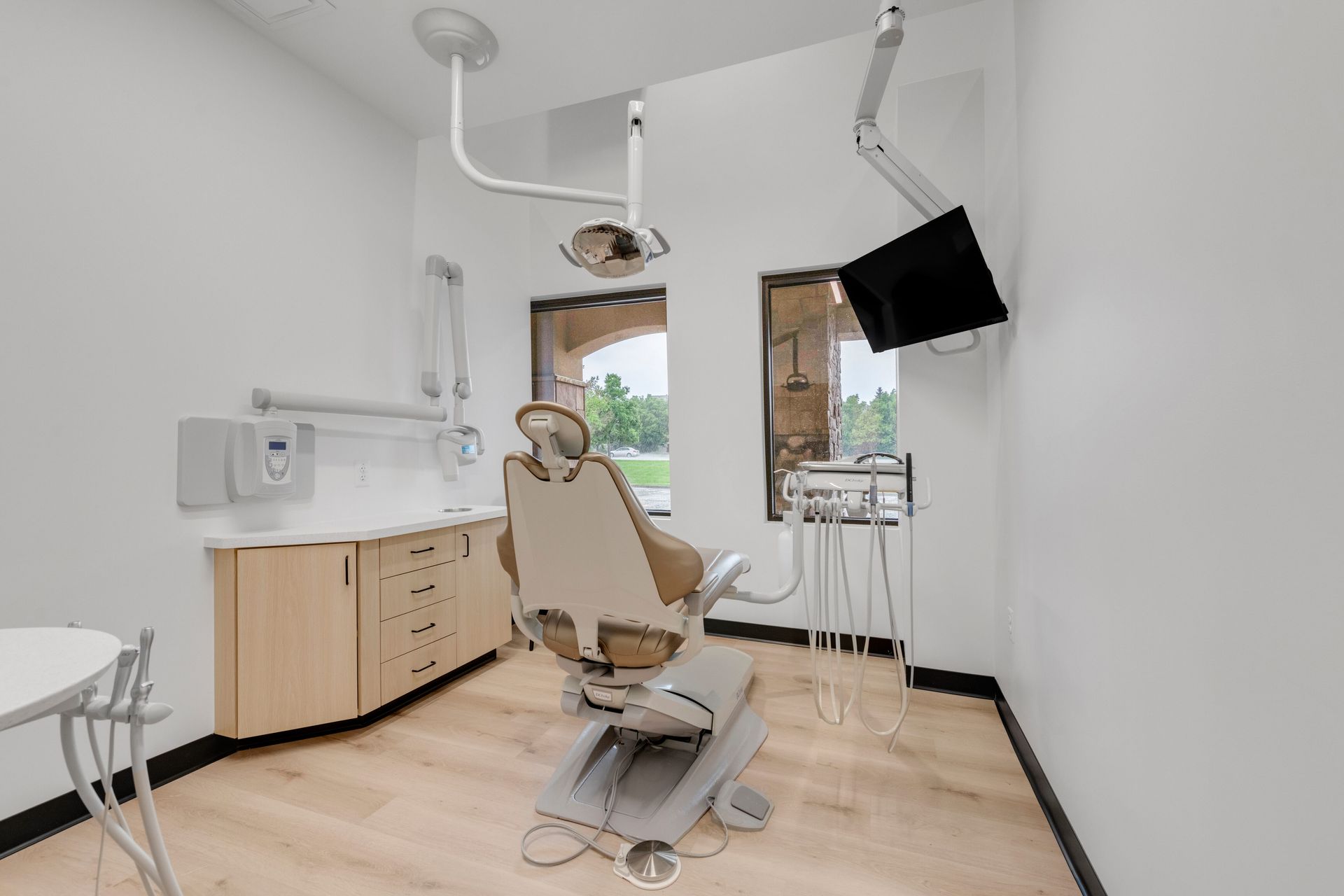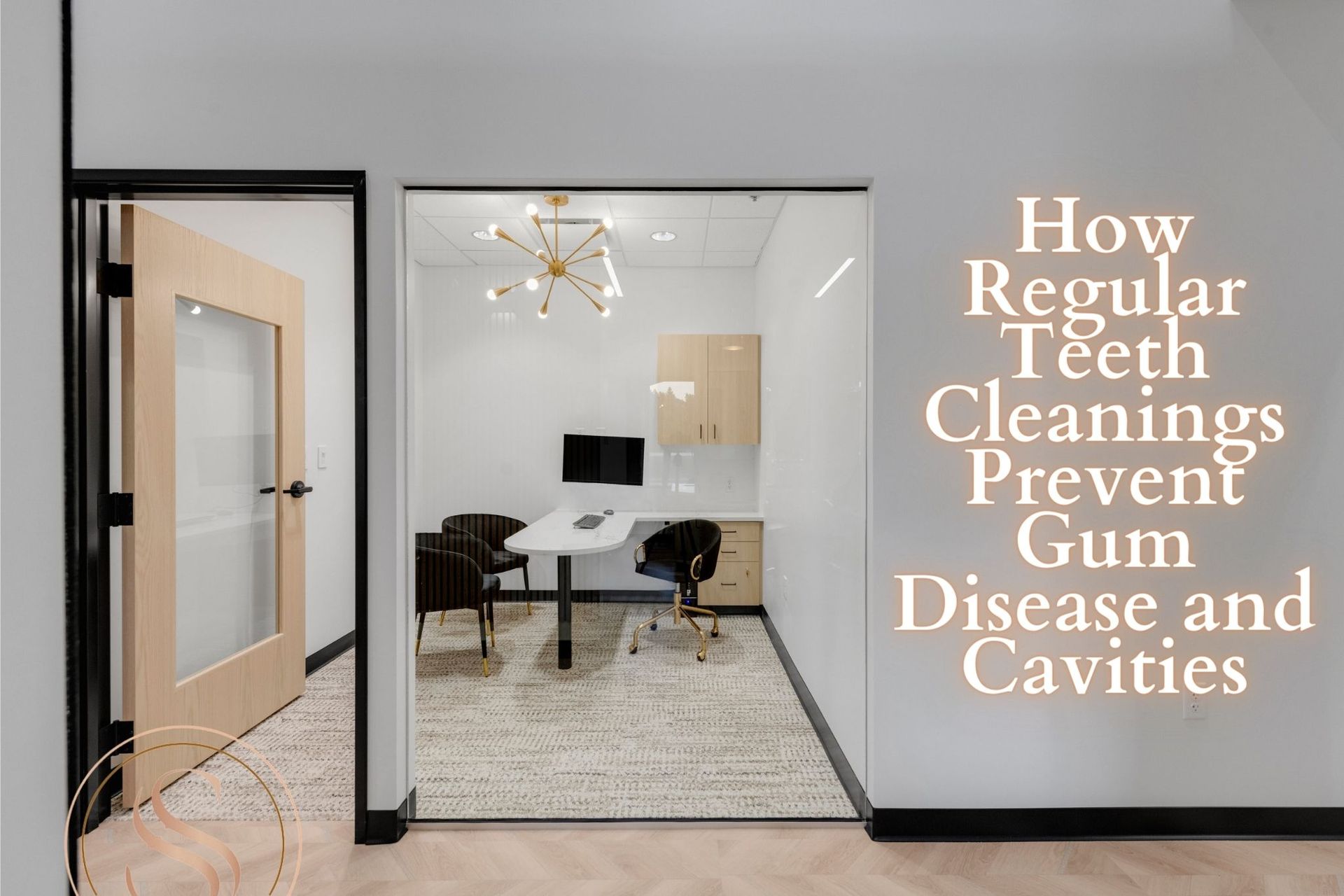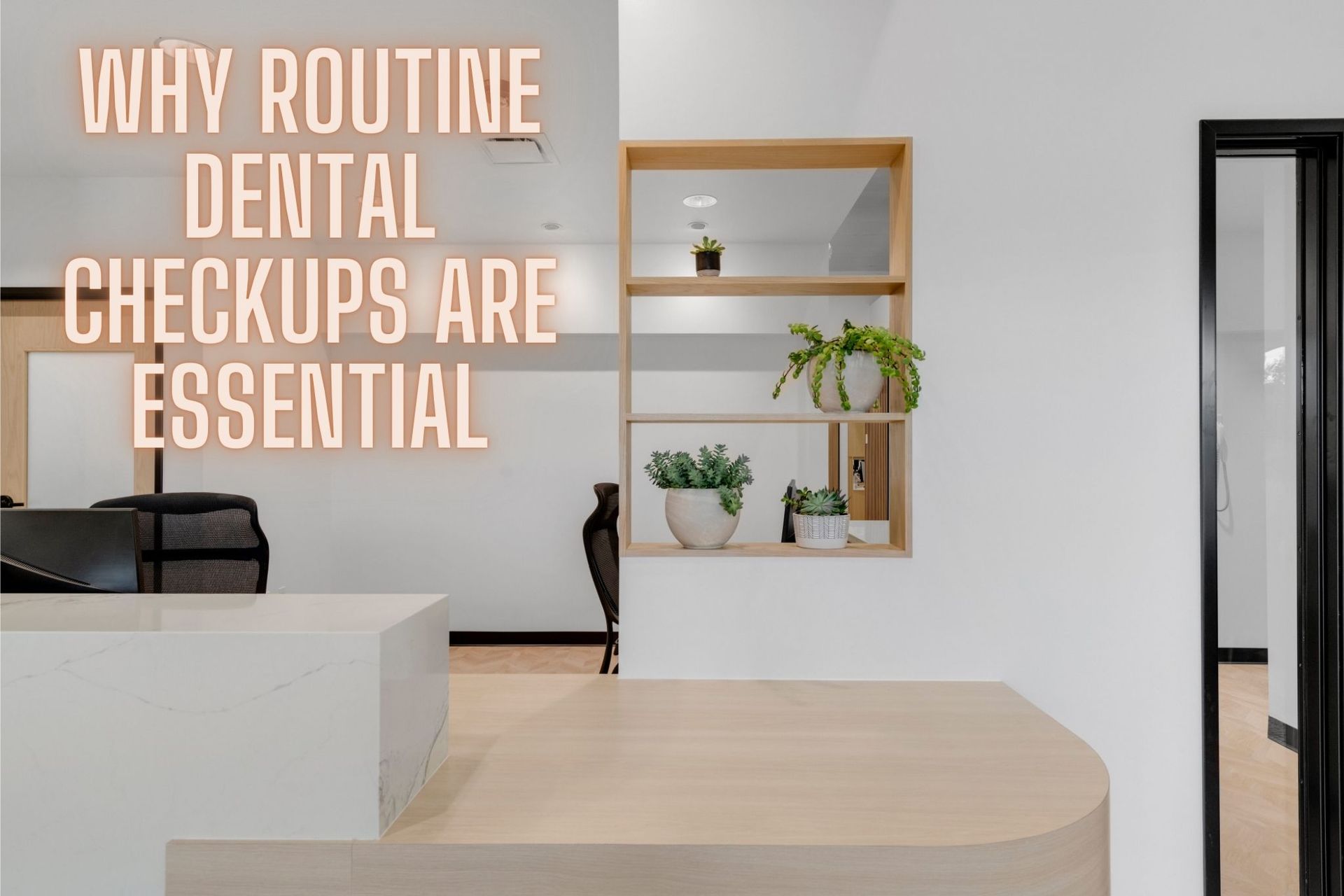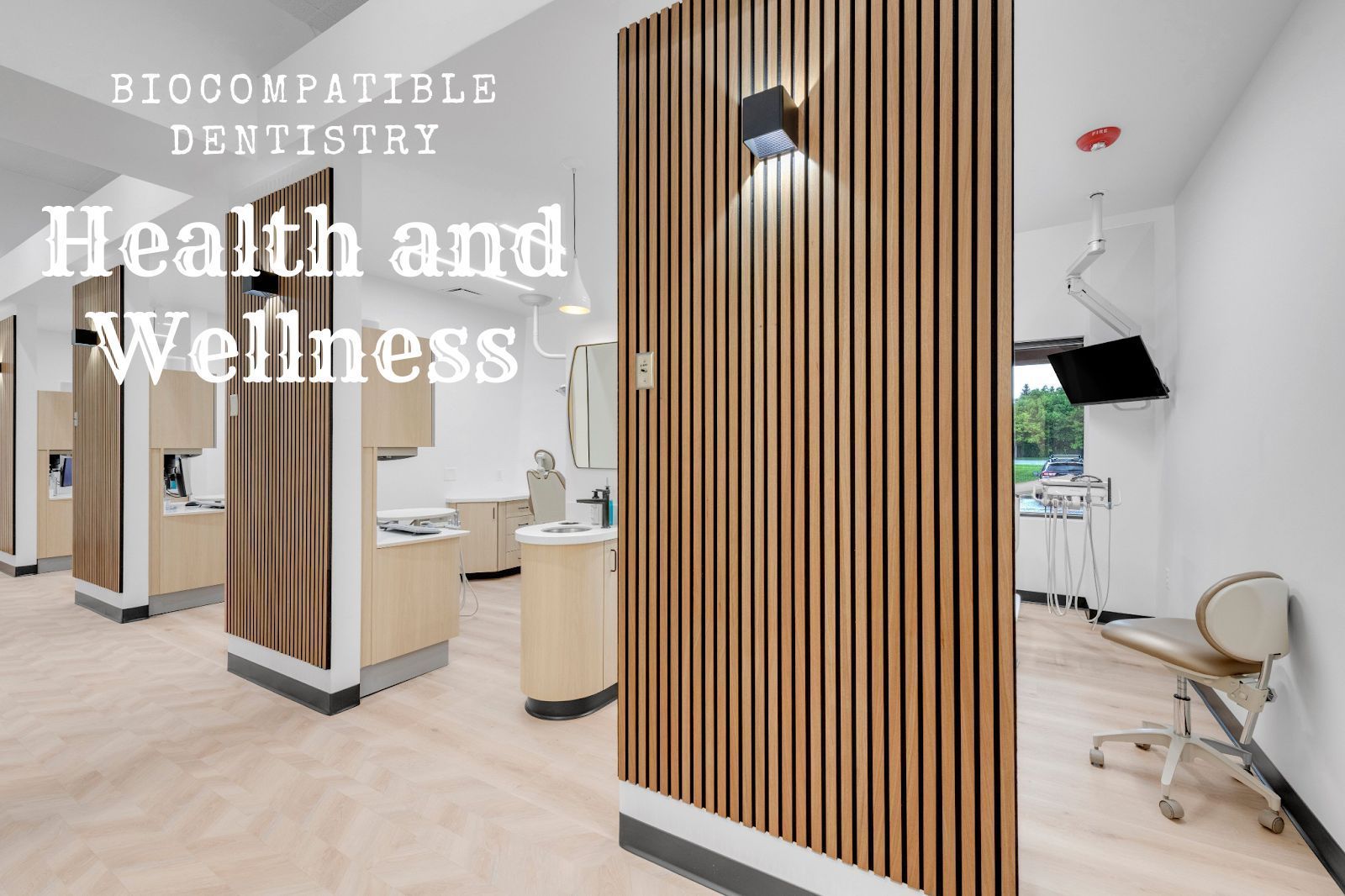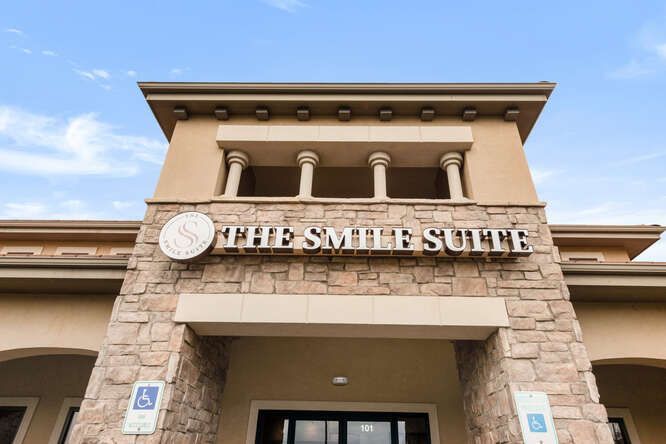Understanding Dental Emergencies: What Qualifies and What Doesn't?
Understanding Dental Emergencies: What Qualifies and What Doesn't?
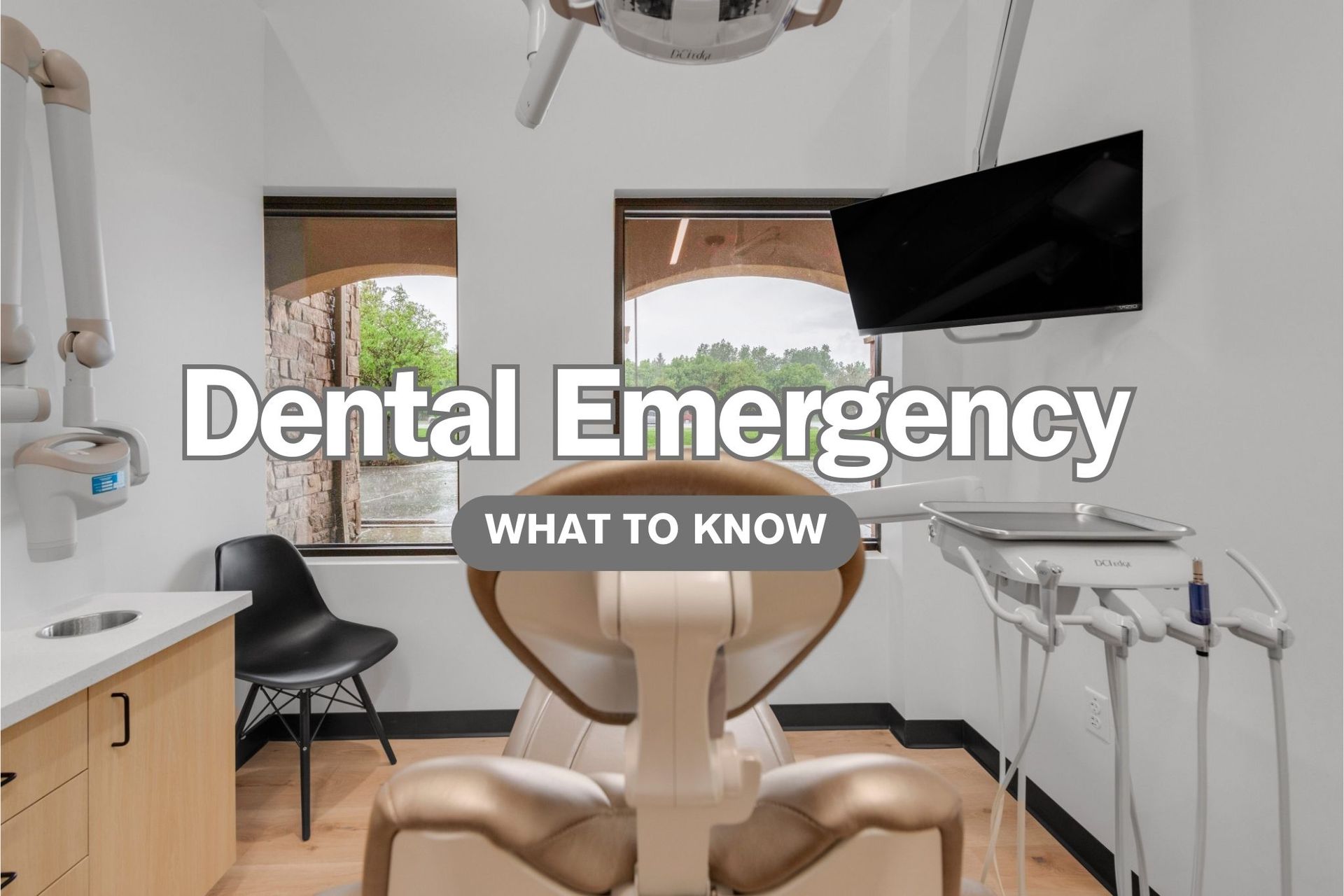
At The Smile Suite, we understand dental emergencies can be alarming and confusing. It's crucial to recognize which situations require immediate attention and which can wait for a scheduled appointment. This comprehensive guide will delve into the various types of dental emergencies, offering our expertise and insights to help you navigate these stressful situations. Remember, our team is always here to assist you, so don't hesitate to contact us when in doubt.
What is a Dental Emergency?
Dental emergencies are situations that require prompt attention from a dental professional. They often involve severe pain, bleeding, or trauma to the mouth that can't be managed at home. Here are some common scenarios that qualify as dental emergencies:
- Severe Toothache: A toothache that's excruciating and unresponsive to over-the-counter pain relief measures often indicates an underlying issue that needs urgent care.
- Knocked-Out Tooth: If you've had a tooth knocked out, it's a race against time. Prompt treatment can sometimes save the tooth.
- Cracked or Broken Teeth: Cracks or breaks in your teeth, especially if painful or sharp, require immediate attention to prevent further damage or infection.
- Abscess or Infection: An abscess, often identifiable as a painful, pus-filled swelling, can be life-threatening and should be treated immediately.
- Uncontrollable Bleeding: If you experience bleeding from your mouth that doesn’t stop, it’s a clear sign to seek emergency dental care.
Situations That Can Wait
While certain conditions may cause discomfort, they might not qualify as emergencies. These include:
- Mild Toothache: If the pain is tolerable and there's no swelling, you can wait a few days to see a dentist.
- Lost Filling or Crown: While this can be uncomfortable, it's often not an emergency unless accompanied by severe pain.
- Broken or Damaged Retainers and Dentures: Unless causing severe discomfort, these can typically wait for a regular appointment.
How to Handle a Dental Emergency
If you find yourself in a dental emergency, here's what you can do:
Stay Calm: Panic can exacerbate the situation. Try to remain calm and collected.
Assess the Situation: Determine the severity of your condition. If in doubt, it's better to err on the side of caution and contact us immediately.
Temporary Measures: Apply a cold compress to manage swelling or use gauze to control bleeding.
Preventing Dental Emergencies
Prevention is always better than cure. Here are some tips to help you avoid dental emergencies:
- Regular Dental Check-ups: Routine visits can help detect and prevent issues before they become emergencies.
- Good Oral Hygiene: Brushing twice a day, flossing daily, and using mouthwash can keep dental problems at bay.
- Wearing Protective Gear: Use mouthguards during sports or physical activities to protect your teeth from trauma.
4. Avoiding Hard Foods: Be cautious with foods that can crack or break your teeth, like hard candies or ice.
Identifying Dental Emergencies
A dental emergency typically involves severe pain, significant bleeding, or trauma to the mouth that requires immediate attention. Key situations that qualify as
dental emergencies
include:
- Severe Toothache: Intense pain indicating possible severe decay or abscess.
Knocked-Out Tooth: Time-sensitive situations where immediate care can save the tooth.
2. Cracked or Broken Teeth: Especially when accompanied by severe pain or bleeding.
3. Abscess or Infection: Signified by intense pain, swelling, and possibly fever, requiring urgent treatment.
4. Uncontrollable Bleeding: Continuous bleeding from oral injuries is a clear sign of an emergency.
5. Swelling: Unexplained or sudden swelling in the mouth or jaw area, which could indicate infection or other serious dental issues.
Immediate Actions for Dental Emergencies
When faced with a dental emergency, taking the right steps quickly is crucial:
1. Stay Calm and Assess: Evaluate the severity and determine if immediate medical attention is needed.
2. Control Bleeding: Apply gentle pressure with clean gauze or a cloth.
3. Preserve Knocked-Out Teeth: Handle the tooth by the crown, not the root, and try to reinsert it or store it in milk.
4. Manage Pain and Swelling: Use a cold compress and over-the-counter pain relievers.
5. Manage Pain and Swelling: Use a cold compress to reduce swelling and take over-the-counter pain relievers if necessary.
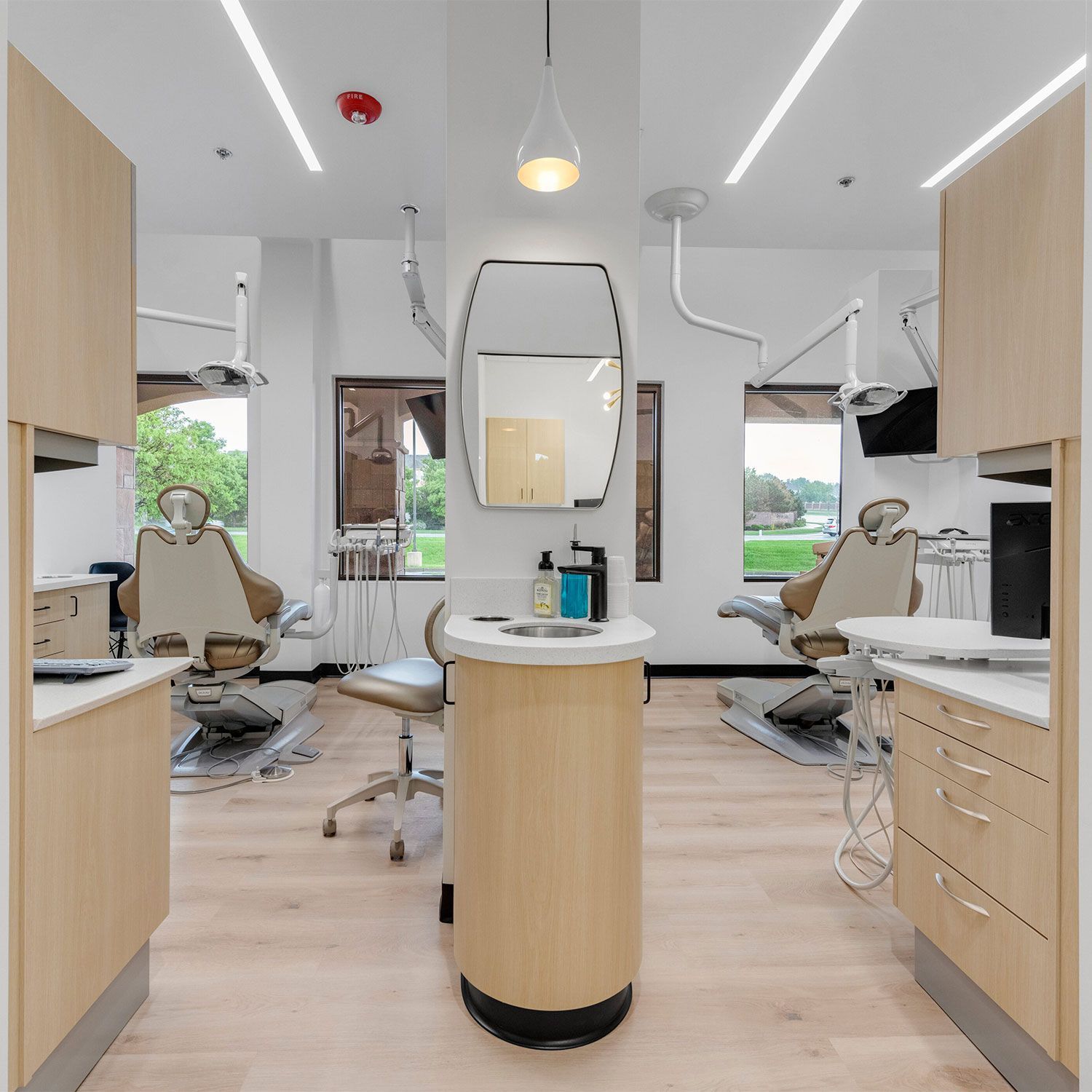
What are the causes of dental emergencies?
1. Tooth Decay:
This is perhaps the most common cause of dental emergencies. Severe decay can lead to deep cavities, which can become painful and may lead to abscesses or tooth fractures.
2. Gum Disease: Advanced gum disease (periodontitis) can result in infections, loose teeth, and severe pain. In some cases, it can lead to abscesses that require urgent dental care.
3. Physical Trauma: Accidents, sports injuries, or falls that result in a blow to the mouth can lead to chipped, broken, or knocked-out teeth. Such injuries may also cause damage to the jaw or soft tissues in the mouth.
4. Dental Abscesses: Caused by bacterial infections, abscesses can lead to severe pain and swelling. They require prompt treatment as they can lead to more serious systemic infections if left untreated.
5. Lost or Damaged Restorations: Fillings, crowns, or bridges that become loose or fall out can expose sensitive areas of the tooth, leading to pain and potentially further damage.
6. Orthodontic Issues: Problems with braces, like broken wires or brackets, can cause discomfort or injury to the mouth's soft tissues.
7. Tooth Eruption: Wisdom teeth eruption, or the natural process of children’s teeth coming in can sometimes be painful and may lead to swelling and discomfort that needs professional attention.
8. Teeth Grinding (Bruxism):
Chronic teeth grinding can lead to cracked or broken teeth, which may suddenly become painful and require emergency dental care.
9. Poor Oral Hygiene: Neglecting regular brushing and flossing can lead to various dental problems, including severe tooth decay and gum disease, both of which can result in emergencies.
10. Dietary Choices:
Consuming hard, sticky, or sugary foods and beverages can contribute to tooth decay, tooth fractures, and other dental emergencies.
11. Neglecting Routine Dental Care:
Failing to visit the dentist regularly for check-ups and cleanings can allow dental problems to go undetected and worsen over time, potentially leading to emergencies.
Conclusion
At The Smile Suite, we are committed to providing immediate and effective care for dental emergencies. Understanding what constitutes a dental emergency, including the critical signs of swelling, how to react in these situations, and taking steps to prevent them are all essential for maintaining your oral health. If you ever find yourself facing a dental emergency, or if you have any questions about your dental health, don't hesitate to contact us. Our expert team is always ready to assist and guide you toward the best possible outcomes for your smile.
Contact Us
For any dental emergencies, concerns, or queries, feel free to reach out to us at The Smile Suite. Our dedicated team is committed to providing you with the care and attention you deserve. Contact us today, and rest assured that your dental health is in capable hands.




